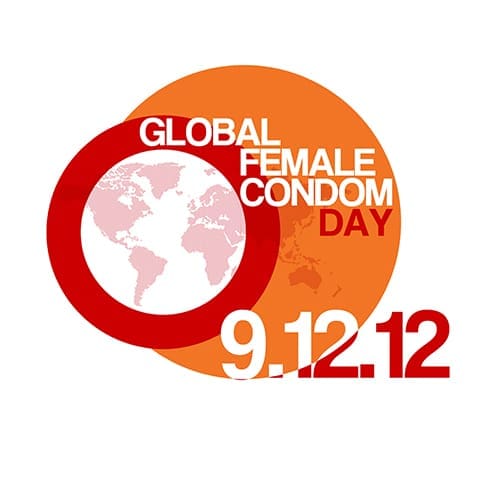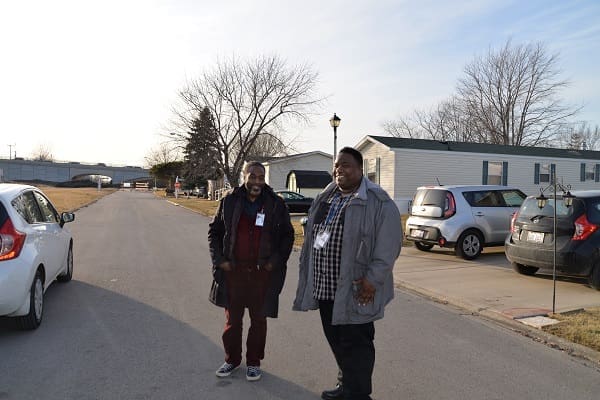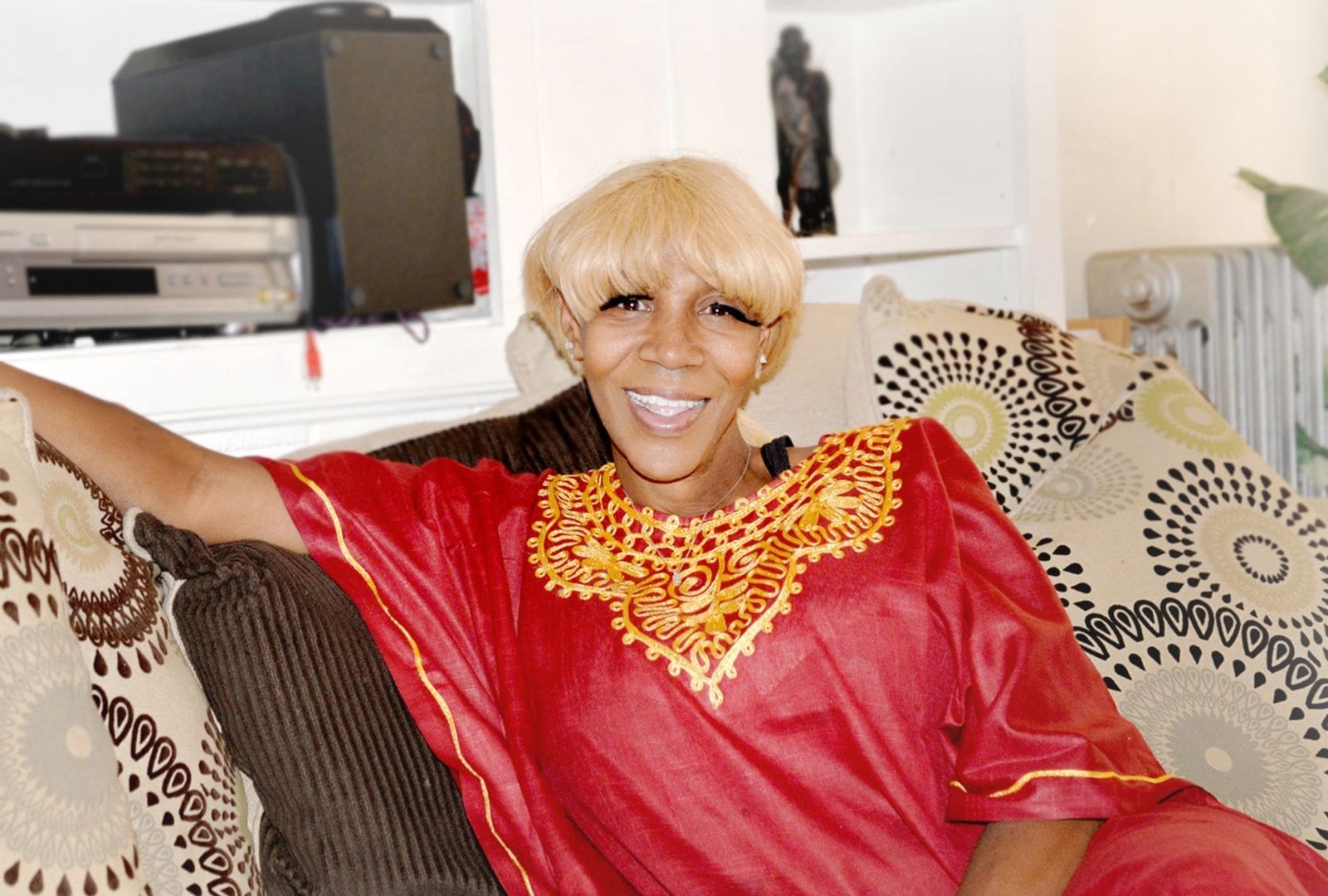 Chicago Female Condom Campaign Helps Lead the Way on Sept. 12 Day of Action, Calls for Greater Access to and Increased Education on Importance of Female Condoms
Chicago Female Condom Campaign Helps Lead the Way on Sept. 12 Day of Action, Calls for Greater Access to and Increased Education on Importance of Female Condoms
For the first time ever, people from all over the world will observe Global Female Condom Day on Wednesday, Sept. 12.
The purpose of this dedicated day of action is to demonstrate the need for these important underutilized safer sex tools. Advocates and organizations — spanning 22 states and 21 countries — will promote female condoms through community education, distribute female condoms and call for greater access at clinics, businesses and pharmacies.
For anyone who engages in vaginal or anal sex, there is an immediate need for more access to female condoms, said Jessica Terlikowski, of the Chicago Female Condom Campaign and the National Female Condom Coalition.
“We can only create an AIDS-free generation when women, men, transgender people, and youth can protect themselves,” said Terlikowski, who is also director of regional organizing for the AIDS Foundation of Chicago (AFC). “We need a multitude of HIV-prevention tools to meet people’s needs and desires.”
“Too few people know about female condoms. Advocates will take action on Global Female Condom Day to ensure more women and men know about, can access, and use these lifesaving tools,” she added.
Currently, female condoms comprise only 1.6 percent of total condom distribution, according to the United States Agency of International Development (USAID). Though called “female condoms,” these products offer people of all genders who engage in vaginal or anal sex greater ability to protect their health and the health of their partners. Female condoms are the only receptive partner prevention tools that enable women to reduce their risk of HIV, STIs and unintended pregnancy.
 In Chicago, the support for female condoms is substantial and growing. Participating organizations for the Global Female Condom Day include AFC, Chicago Department of Public Health (CDPH), Planned Parenthood of Illinois, Chicago House, Chicago Women’s AIDS Project, Deborah’s Place, Jackson Park Hospital, Pediatric AIDS Chicago Prevention Initiative and many others.
In Chicago, the support for female condoms is substantial and growing. Participating organizations for the Global Female Condom Day include AFC, Chicago Department of Public Health (CDPH), Planned Parenthood of Illinois, Chicago House, Chicago Women’s AIDS Project, Deborah’s Place, Jackson Park Hospital, Pediatric AIDS Chicago Prevention Initiative and many others.
Through its Chicago Community Condom Project, the CDPH is committed to increasing awareness and availability of condoms by partnering with businesses and organizations that make free condoms available city-wide in non-traditional locations, particularly in underserved communities with the highest rates of STI/HIV/AIDS and other health disparities, said Dr. Bechara Choucair, CDPH Commissioner.
“Female condoms allow women to take an active role in their sexual health and prevent HIV and sexually transmitted diseases,” Choucair said. “This year, our goal is to distribute 10 million free condoms and it is a major component in our HIV prevention strategy to reduce HIV infections in our city.”
Planned Parenthood of Illinois also supports expanded access to female condoms.
“Female condoms are the only barrier method that can be initiated by the receptive partner, which allows women and men take control of their own health,” said Carole Brite, President and CEO of Planned Parenthood of Illinois. “It is imperative that women and men are aware of all the options available to them so they can choose the method that is best for them in order to stay healthy and safe.”
The female condom has evolved. Today, it is comfortable, effective, affordable, and perhaps most importantly, enables women to take greater control of their own sexual health.
In the United States, the only female condom currently available is the FC2. Unlike its predecessor, the polyurethane FC1, the FC2 is made of synthetic latex (nitrile) material that is cheaper and more comfortable. Other types of female condoms being used globally include the Reddy female condom, the Woman’s condom (developed by the PATH organization) and the Cupid.
 Organizing tools to assist advocates with planning Global Female Condom Day activities are available at www.nationalFCcoalition.org
Organizing tools to assist advocates with planning Global Female Condom Day activities are available at www.nationalFCcoalition.org
Founded in 2012, the National Female Condom Coalition works to increase awareness, access, and use of female condoms through collaboration, training and advocacy. The Coalition comprises reproductive health and justice, women’s health, youth, and gay men’s health organizations and advocates, health departments, and researchers.
Chicago, Atlanta, Houston, New York City, San Francisco, and Washington, D.C. all have female condom programs. More than 130 organizations around the world are involved in the day of action.
The Chicago Female Condom Campaign is a project coordinated by the AIDS Foundation of Chicago.
Media contact:
Jessica Terlikowski



